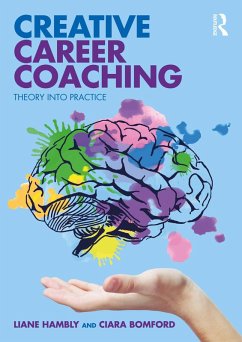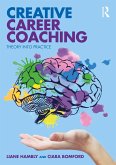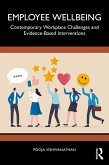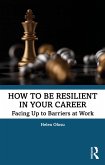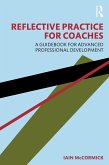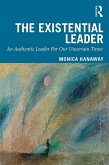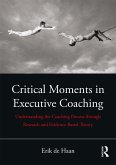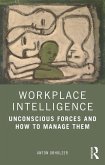Dieser Download kann aus rechtlichen Gründen nur mit Rechnungsadresse in A, B, BG, CY, CZ, D, DK, EW, E, FIN, F, GR, HR, H, IRL, I, LT, L, LR, M, NL, PL, P, R, S, SLO, SK ausgeliefert werden.
Overall, this text provides a contemporary and informed overview and approach to issues pertinent to current practice, by two highly qualified and experienced trainee educators. Both novice and proficient practitioners will find this text stimulating, challenging, existing and satisfying. The authors are to be commended for grappling so effectively with such a daunting task." - Professor Jenny Bimrose, Institute for Employment Research, University of Warwick, UK
"This book is truly ground-breaking in linking brain science theory to innovative career guidance practice. The content is well researched and highly practical. Case studies provide rich insights for trainers and practitioners to reflect on 'the art of the possible'. There is sound evidence on what works well and in what circumstances. Most importantly, the authors inspire the reader to continuously improve practice working creatively with both young people and adults." - Dr Deirdre Hughes, OBE; Director, DMH & Associates Ltd, UK

